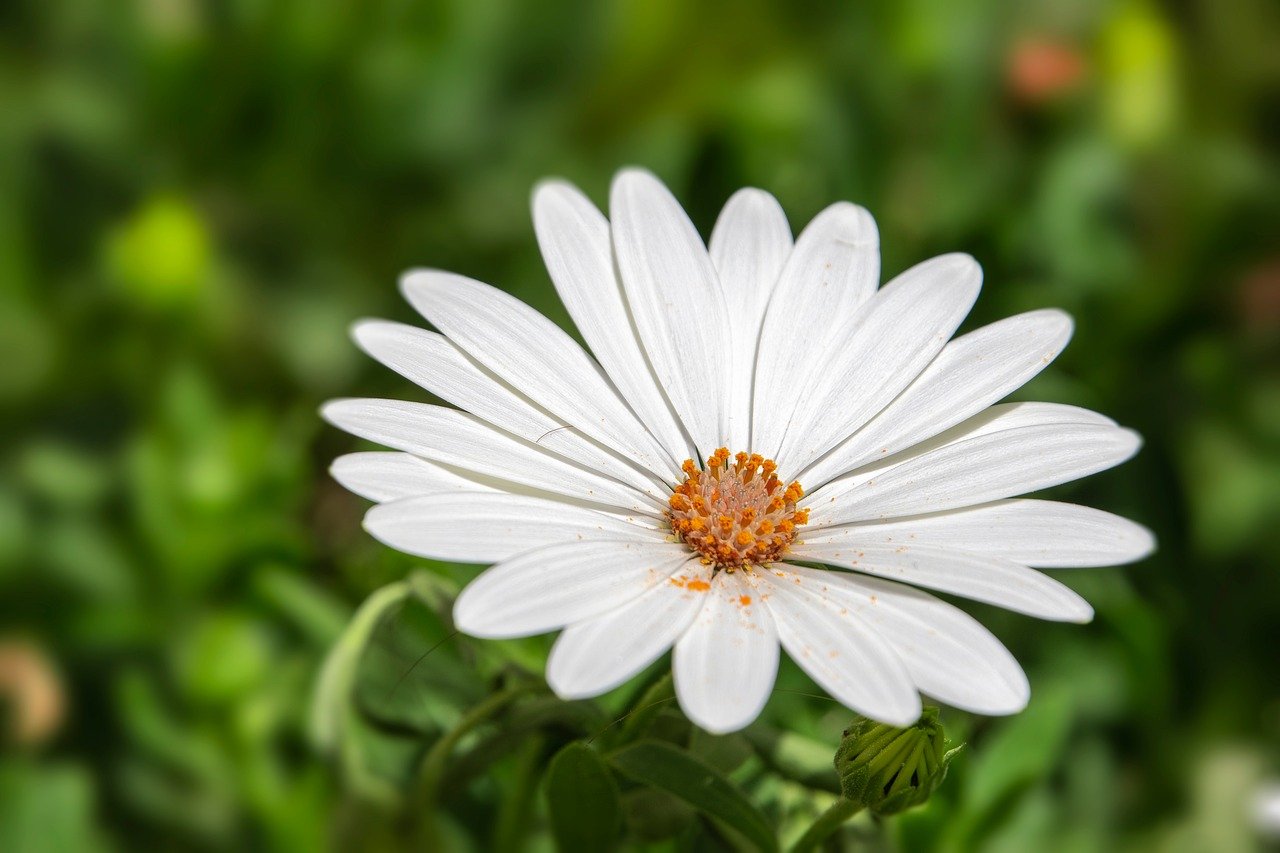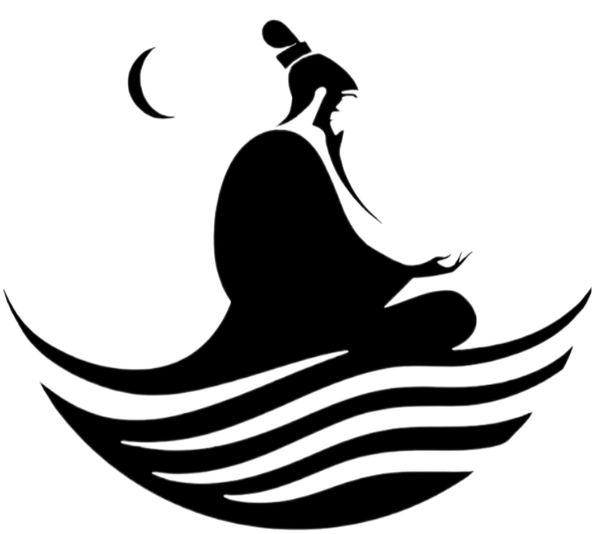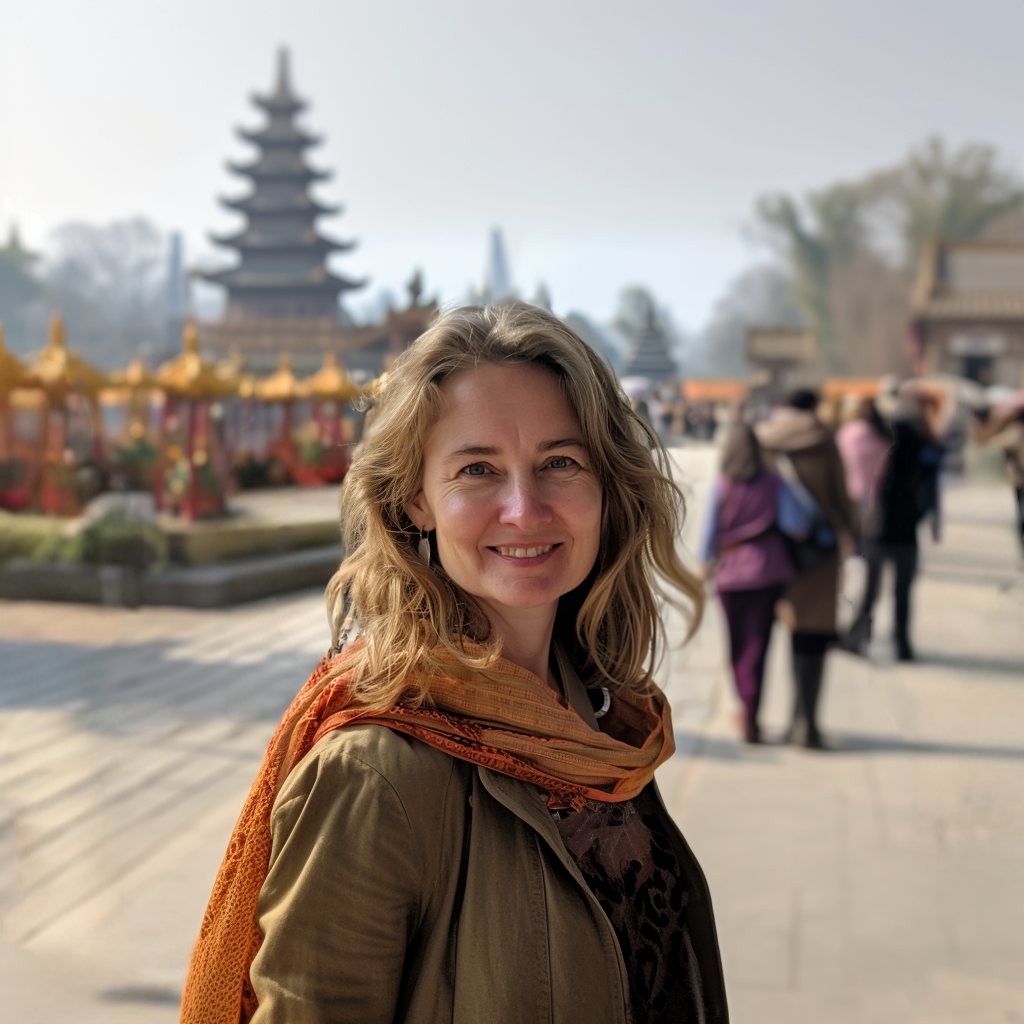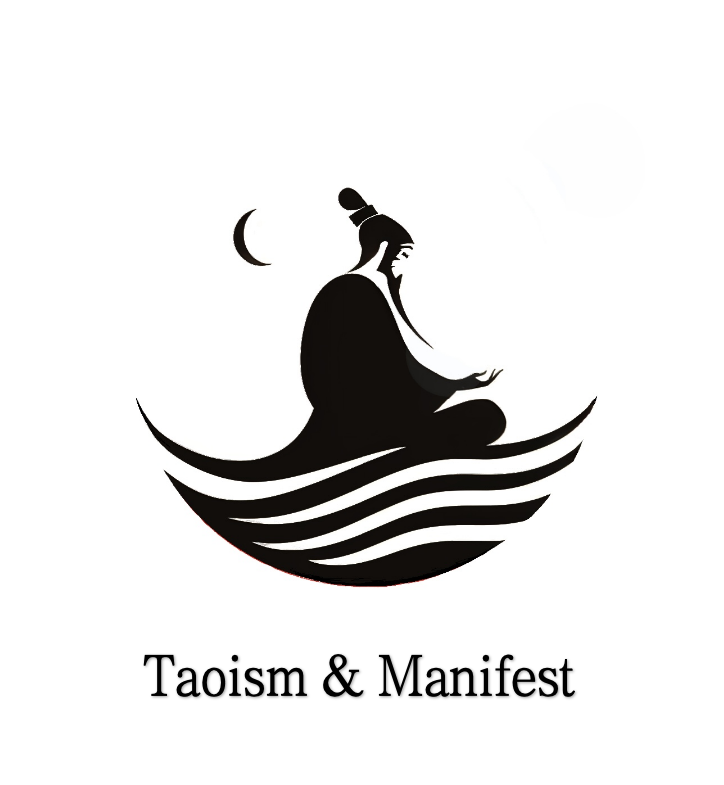
Taoism gives a new way to look at love today. Many people feel possessive in their relationships. Studies say 32-46% of separated or divorced women say their ex-husbands were jealous or possessive. Some people want a less controlling way to love. Taoist wisdom likes natural, easy bonds instead of holding on too tight. The phrase “forgetting each other in the rivers and lakes” shows this idea. People can learn from these old lessons and find new ways to deal with love and attachment.
Key Takeaways
Taoism says love should feel natural and free. You should not try to control or force your relationship. Non-attachment helps partners care a lot for each other. It also lets them have space to grow and change. 'Mutual forgetting' means loving without holding on too tight. This helps both people feel calm and independent. Letting go of old hurt and accepting change makes relationships stronger. It also brings more happiness. Simple things like honest talk, careful listening, and being kind help love stay easy and fun.
Taoism and Love

Wu Wei
Wu Wei means "not forcing" or "effortless action." In relationships, this principle encourages partners to let things happen naturally. They do not try to control each other or push for certain outcomes. Instead, they allow the relationship to grow and change on its own. When one person feels upset, Wu Wei suggests giving space and time instead of arguing or demanding answers. This approach helps both people feel free and respected. They can adjust to each other's needs, like trimming sails to catch the wind. Wu Wei does not mean doing nothing. It means taking gentle actions at the right time, which keeps the relationship healthy and flowing.
Naturalness
Naturalness, or "tzu-jan," is another key idea in Taoism. It means being true to oneself and acting with simplicity and honesty. In love, naturalness shows up as kindness, compassion, and a willingness to let things unfold without pressure. Taoist texts describe love as a gentle, nurturing force. People who follow this path show care and respect for each other, just as they would for themselves. They do not try to change their partner or force the relationship into a certain shape. Instead, they value spontaneity and harmony, letting love develop in its own way.
Non-Attachment
Non-attachment is central to Taoist love. This does not mean people stop caring. Instead, they avoid clinging or trying to possess each other. Taoism teaches that love should flow like water—gentle, flexible, and always moving. Partners support each other's growth and allow space for change. They nurture their own spirit, which helps them love others without harm. In this way, Taoist love stands apart from conventional attachment. It focuses on harmony, freedom, and mutual respect, rather than control or jealousy.
Tip: Practicing non-attachment can help relationships stay fresh and joyful, even when life brings changes.
Forgetting Each Other in the Rivers and Lakes

Origins
The phrase "forgetting each other in the rivers and lakes" comes from Zhuangzi, an old Taoist book. In this story, two fish are stuck in a pond that is drying up. They stay close and help each other by sharing their breath. But Zhuangzi says it is better for the fish to forget each other in big rivers and lakes. The fish stand for people in this story. When fish live in their true home, they do not need to hold on or fight. They just swim and live well. Zhuangzi uses this to show that real harmony comes from living free and natural. There are no forced ties or duties. In Taoism, "rivers and lakes" mean a place without strict rules. Here, people can wander and live with the Dao.
Meaning
"Mutual forgetting" does not mean people stop caring. It means letting go of forced closeness. Each person can live their own way. Zhuangzi says forgetting can be wise. It helps people let go of worries and what others expect. In Taoism, this kind of forgetting is not losing love or friendship. It is about both people feeling free and calm. They do not hold on or depend on each other for happiness. They trust their bond will flow like water in a river. This idea tells people to let go of control. They can enjoy the moment with others.
Note: In Taoism, forgetting each other means finding peace in freedom. It does not mean ignoring or leaving loved ones.
Relationship Models
Taoist relationship models are not like most modern ones. Today, many people follow rules in relationships. They may feel they must act a certain way. Taoism suggests a softer way. It values peace, naturalness, and not interfering. People in Taoist relationships do not try to control or change each other. They let each person grow at their own speed. This is different from relationships based on duty or strict roles. Instead, it focuses on harmony and being real.
A simple chart shows the difference:
Mutual Moistening (相濡以沫): Two people help each other in hard times. They might become too dependent or clingy.
Mutual Forgetting (相忘于江湖): Two people live free and natural. They support each other but do not hold on too tight.
Taoism says the best relationships feel light and easy. People care for each other but do not lose themselves. They find balance between being close and being independent. This way, love can last and grow, like water in rivers and lakes.
Taoism in Modern Relationships
Letting Go
Letting go is very important for good relationships. Many people hold on to old pain or want to control their partner. Taoism says real love grows when people stop holding so tight. Studies show letting go helps people feel better and happier together. When someone forgives, they make room for trust and closeness. Forgiving also means fewer fights and better teamwork. By letting go, partners can enjoy now and not worry about the past.
Embracing Change
Change happens in all relationships. People grow, and life brings new things. Taoism says people should accept change, not fight it. Non-attachment helps partners stay open and flexible. Research shows people who do not cling to old ideas feel closer and happier. They help each other through good and bad times. When partners accept change, they get stronger and handle stress better. This way brings more happiness and less fighting.
Practical Tips
People can use Taoist ideas to help their relationships today. Here are some ways:
Be mindful and pay attention when talking.
Talk honestly to keep things fair.
Trust your feelings and respect each other's space.
Accept flaws as part of what makes someone special.
Spend quiet time alone and together to rest.
Use hard times to learn and grow.
Tip: Try listening without stopping your partner and say one thing you like about them each week. Small things like this help relationships feel easy and happy.
Misunderstandings
Detachment vs. Indifference
Many people think detachment means not caring about others. This is a common misunderstanding. Detachment in Taoism does not mean coldness or lack of feeling. Instead, it helps people care more deeply. When someone practices detachment, they let go of ego and control. This makes room for real empathy and kindness. Taoist texts explain that detachment means staying open and engaged, but not trying to force things. Indifference, on the other hand, means not caring at all. Taoism rejects indifference. It teaches people to meet life with calm and acceptance, not with withdrawal.
Note: Detachment is not about giving up on love. It is about loving without fear or need to control.
Caring Without Clinging
Taoism shows that people can care for each other without holding on too tightly. A person can show compassion and kindness, but still accept that not everything is in their control. For example, when someone faces a problem, a Taoist approach is to help with an open heart, but not to worry about the outcome. This is caring without clinging. Taoist sages value mercy and humility. They forgive and support others, but do not become possessive. This way, relationships stay light and joyful. People feel free to grow and change.
Balance
Balance is a key idea in Taoist love. Relationships are always changing. Taoism teaches that love should flow and grow, not stay fixed. People in balanced relationships accept change and let go of rigid rules. They focus on kindness and personal growth, not on making love last forever in one way. Taoism encourages each person to find balance inside themselves first. When both partners feel whole, they can connect without needing to possess each other. This leads to healthy, happy bonds.
Tip: Let love be like water—always moving, always fresh.
Naturalness, non-attachment, and mutual forgetting help people have calmer relationships. Many experts say accepting change and not trying to control others makes bonds stronger. When people think about their own habits, they can feel happier and less worried. Real love comes from being kind, honest, and letting each person be themselves. If you want to learn more, there are books and groups that can help.
FAQ
What does Taoism say about true love?
Taoism teaches that true love feels natural and free. People do not try to control each other. They let love grow and change, just like water flows in a river.
What is “mutual forgetting” in Taoist relationships?
“Mutual forgetting” means two people care for each other but do not cling. Each person lives their own life. They trust that love will stay strong without holding on too tightly.
What makes Taoist love different from regular love?
Taoist love values freedom and balance. People support each other but do not lose themselves. They focus on kindness and respect, not on rules or control.
What can someone do to practice Taoist love today?
A person can listen with care, give space, and accept change. They can show kindness without expecting anything back. They can let love flow naturally.
What if one person wants more closeness than the other?
Taoism suggests finding balance. Each person can talk about their needs. They can respect each other’s wishes and let the relationship grow in its own way.
Tip: Open and honest talks help both people feel safe and understood.






